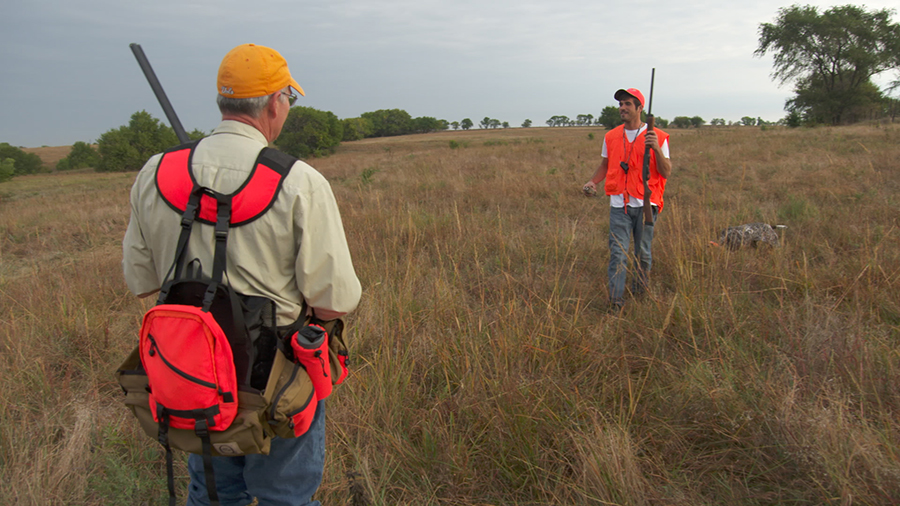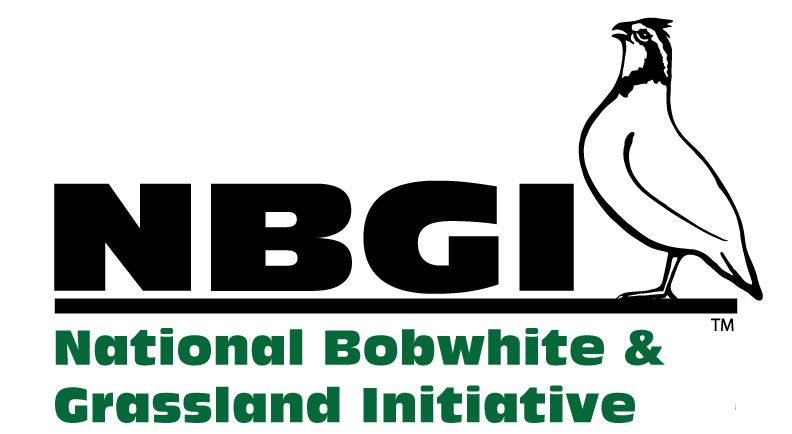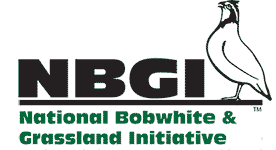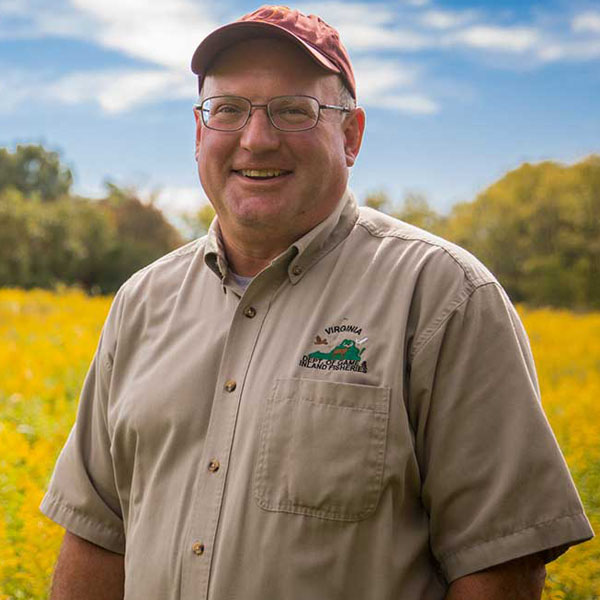It’s human nature when life is going well to take things for granted. Electricity, running water, plenty of food on the table, a warm place to sleep…the list goes on of things we come to believe will always be there for us. That said, you never have far to journey to find folks who don’t have those things. And there are many more subtle things we take for granted that we really need to think about, too.
On a recent weekend I helped conduct a Hunter Skills workshop sponsored by our Hunter Education team. My role was serving as a mentor for an aspiring hunter who had never hunted anything before. It was also someone I had never met before. The “class” I helped with was squirrel hunting 101. For safety reasons and for insuring each new hunter got the help they needed, the ratio of mentors to hunters was one-to-one. We met after dinner the evening before the hunt, chatted some, got to know the hunters, and then watched a presentation on squirrels and squirrel hunting. We formulated a plan for the hunt the next day, agreed on a time to meet (0600), and then parted ways for the evening. Each new hunter had already passed the hunter safety course, and qualified by target shooting.
In the weeks leading up to this hunt I admit to being a little apprehensive. I have mentored some relatives and friends, but never a stranger. And many of the people I have helped have had some experience with either hunting or fishing. I was also worried about what I could really teach this person about squirrel hunting. It all seems so straightforward after having hunted for 50 years (yes I began tagging along with a BB gun at age 5).
“How hard can it be to get into squirrel hunting?” I thought to myself. Then I received a couple of fall hunting and outdoor gear catalogs in the mail. Thumbing through them I was trying to think like a person who had never had a parent or friend who hunted. For such a novice the sheer volume of gear depicted would be overwhelming. (The fishing industry got this right a long time ago by offering numerous pre-packaged fishing combos – perhaps the hunting industry should look into it at some level –“everything you need to squirrel hunt besides the gun and shells”). Where would I start? What would I really need to successfully hunt squirrels? What gun? What kind of shells? How much camouflage do I really need (very little really – we hunted in a good bit of blaze orange because it was youth deer season weekend and required by law during an open gun deer season)? How wary are squirrels? What do I look for in a good squirrel hunting place?
These questions just scratch the surface. I started to realize that I took a lot of the skills I had acquired over those 50 years for granted. I started to believe there really were useful things I could teach this new hunter.
Scouting for hunting locations is half the battle, and is becoming a lost art. There is no substitute for getting a map of an area and getting in your vehicle and driving to it and actually putting some boot tracks in the dirt. Wanting this new hunter to have a great experience, that’s exactly what I did. I have not squirrel hunted in 25 years, but I used to cherish it.
As I scouted it only took a faint breeze to lift the dust off those old skills. I recalled what signs to look for – fresh hickory cuttings, white oak acorn fragments, “squirrel chews” on tree trunks, leaf nests and dens, to name a few. I also recalled all the little sounds squirrels make as they go about the day, like their first alarm chatter, or the distant drawn out caterwauling they make when truly annoyed, along with how their claws sound on scaly pine or hickory bark as they scurry up a tree. And there is no mistaking the sound when they start cutting a new hickory nut, acorn or walnut – take two quarters, hold them perpendicular and scrub one rough edge over the other quickly…a pretty close approximation is emitted.
The morning arrived and our mentors and hunters met as planned. It was as good a morning for squirrel hunting as one could ask for. Still, cool, and slightly overcast. The hunter I mentored was a former Marine. He had great safety and gun handling skills…he’d just never had anyone show him a few things about “woodscraft.”
We were into squirrels quickly, and he easily picked up on the sounds they make. But I was also able to point out similar sounds made by blue jays, cat birds, woodpeckers and other animals. I was able to show him white oak, versus hickory, versus beech. I pointed out fresh cuttings versus old ones. I was able to let him know not to shoot too close or too far, and he quickly developed the ability to know when to shoot. Lots of things I took for granted were useful knowledge to him. He learned that while squirrels can be easy to see, they are wary, and don’t hold still very long. He learned not to shoot until they stopped moving to insure a good clean kill.
Ultimately he harvested four nice gray squirrels before 10 that morning. We all reconvened and found that everyone had some success. From there the hunters learned about knives, game shears (makes cleaning much easier and safer), and how to dress squirrels two different ways. And that evening, compliments of the Hunter Ed chef – they got to eat some of squirrels from their hunt.
Hunters are declining across the board…and it’s not due to lack of game (not even in bird hunting). It’s due to changes in society…and also due to older hunters taking it all for granted. If every active hunter now took it as a life challenge to recruit and mentor – that is the key, mentoring — one new hunter, we could double our numbers and insure a new generation of skilled outdoors people existed. That’s going to be my new saying “One for One” – whether it’s gray squirrels with a pellet rifle, or grouse with a .28 gauge –make it One for One…you and someone new.







